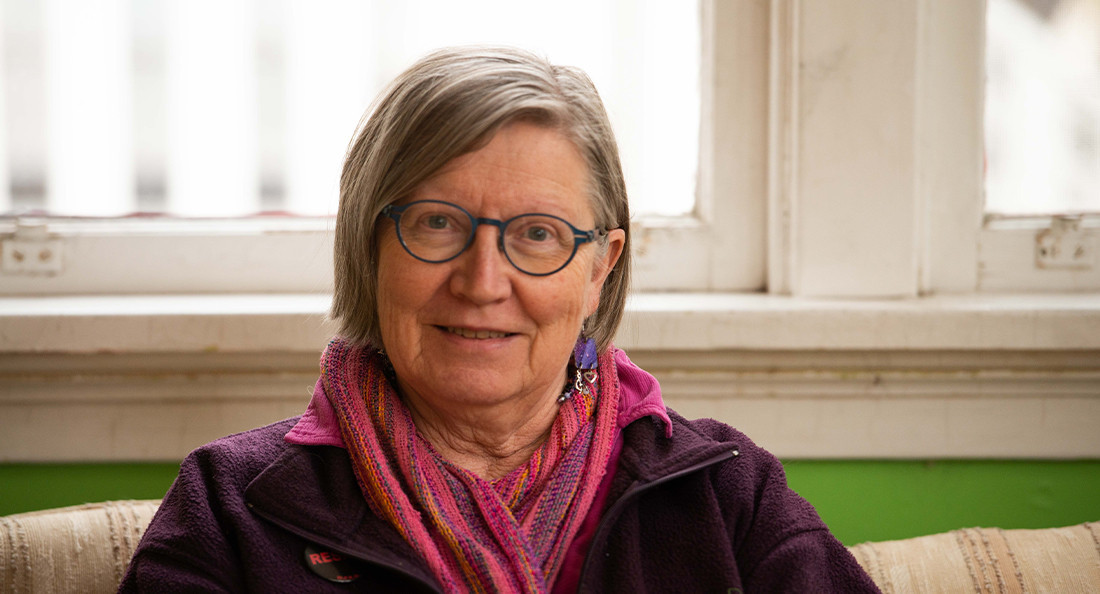A right, not a privilege
Newcomers face challenges exercising their rights in the workplace
Having to learn a new language or adjust to new surroundings is just the tip of the iceberg for many newcomers and migrant workers entering the Canadian workforce. Many, according to a recent report from the Canadian Centre for Policy Alternatives, are placed in positions where they are unaware of their rights as workers or are afraid to speak up.
In Manitoba, it is an employer’s responsibility to ensure workers are made aware of and can safely exercise their rights in the workplace. Dorothy Wigmore, an occupational health specialist, says this is not always reflected in practice.
“Many employers either don’t know what the law is about training folks and what their responsibilities are about health and safety, or they’re ignoring it,” she says.
Even if newcomers and migrant workers are made aware of their rights, Wigmore has observed that many are reluctant or afraid to speak up when issues arise. Fears of losing their job or being deported may override the will to voice concerns.
“Knowing is one thing, but being able to use your rights is something totally different,” Wigmore says. “It’s an issue of power in the workplace.”
Karen Hamilton, the health educator with the MFL (Manitoba Federation of Labour) Occupational Health Centre (OHC) says training and educating workers in their first language is crucial to mitigating occupational risks. While folks who grew up in Canada may have become aware of their rights at work through their close networks, many who immigrated to Canada don’t have the same opportunities.
“When you’re new to the country, you don’t really have access to those networks that can help you by sharing some of that information,” she says.
The OHC’s Cross Cultural Community Development Program, which Hamilton oversees, has sought to mitigate the language barriers of educating newcomers about their workplace rights. Through a “train-the-trainer” model, they work within communities to facilitate occupational health and safety workshops in different languages.
However, Hamilton says more must be done by employers and governments to ensure newcomers are better supported in the workplace. She also adds that unions must make more of an effort to have more of their voices represented in leadership positions.
“If a workplace is doing a good job with their health and safety programs, that benefits everyone,” she says. “We need the voices of newcomer workers that have traditionally been marginalized from a lot of spaces that deal with health and safety and their labour rights.”
In a time where safety is vital, Wigmore says it is critical that workers voice their concerns and have them properly addressed. She says that if the concerns of newcomers and migrant workers are not taken seriously, health and safety issues will continue to put workers at higher risks.
“If we’re not paying attention in this pandemic to what workers are saying, all the precautions in the so-called community aren’t going to do a lot of good if people aren’t protected in their workplaces,” she says. “Workers are the canaries.”
Published in Volume 75, Number 09 of The Uniter (November 12, 2020)







